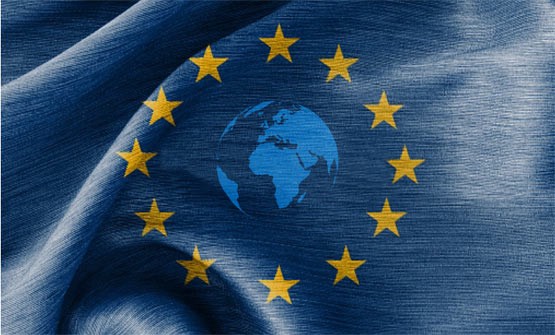A spectre is haunting Europe…the spectre of stagnation.
The most recent white paper on the Future of Europe outlined five scenarios in the face of Europe’s decreasing influence and economic power. Europe’s global economic contribution is expected to fall below 20 percent by 2030, compared to 22 percent today.
The scenarios, however, neglected Europe’s leadership in sustainable development. The 28 member countries of the EU are together the world’s largest aid donor, providing about half of all official development assistance, or foreign aid. True, Europe has a lot on its plate, from uncomfortable Brexit negotiations and resistance from the Trump administration on NATO, trade and climate change. In the face of these challenges, the EU has to redouble its efforts towards the Sustainable Development Goals, writes Luca Jahier of the European Economic and Social Committee.
The UK’s approach to the SDGs may serve as a warning (see: “Achieving the 2030 Global Goals Begins at Home”). “At precisely the time when others turn away from their commitments, it is imperative that the EU maintains the momentum, accelerating, investing in and embracing change,” Jahier writes.
The European Commission needs to make sustainable development part of its “Future of Europe” vision, he says, and support “bottom-up initiatives” from local and regional players. “Business [also] has a pivotal role to play in leadership, innovation and investment in change,” he writes, but says, “The debates surrounding sustainable development are profoundly political and they must take centre-stage in our political reflections on the future of the EU.”











